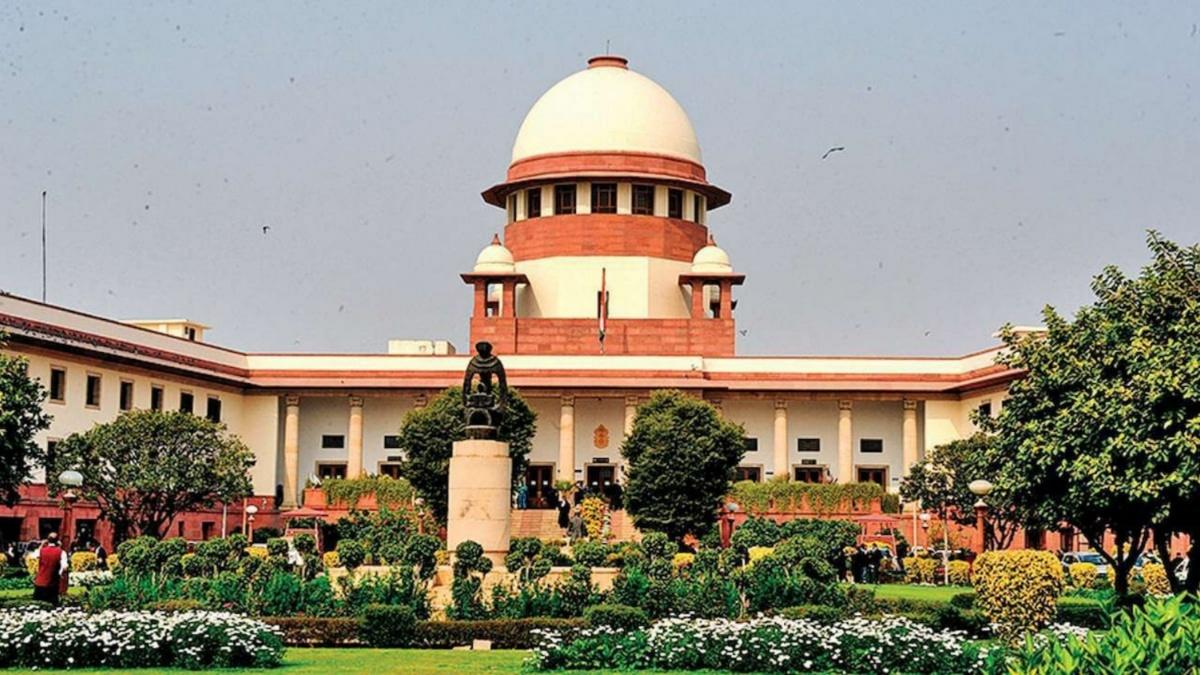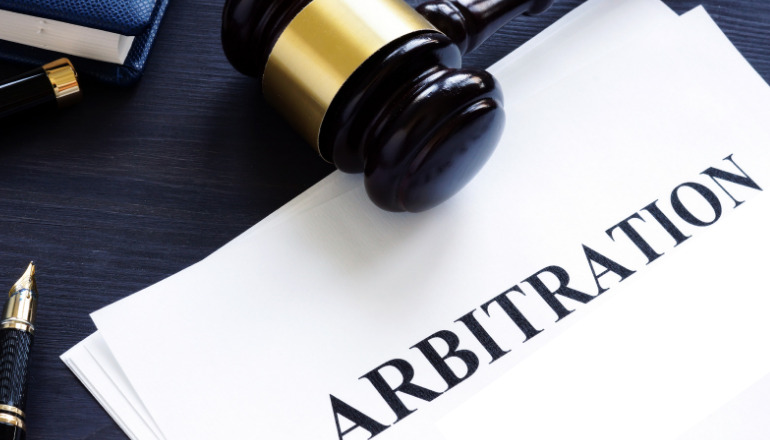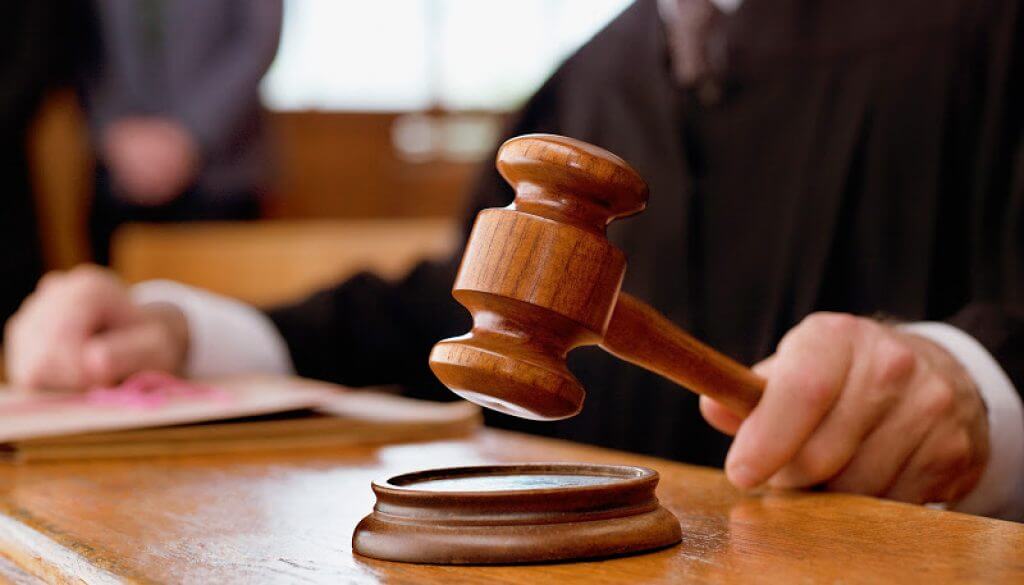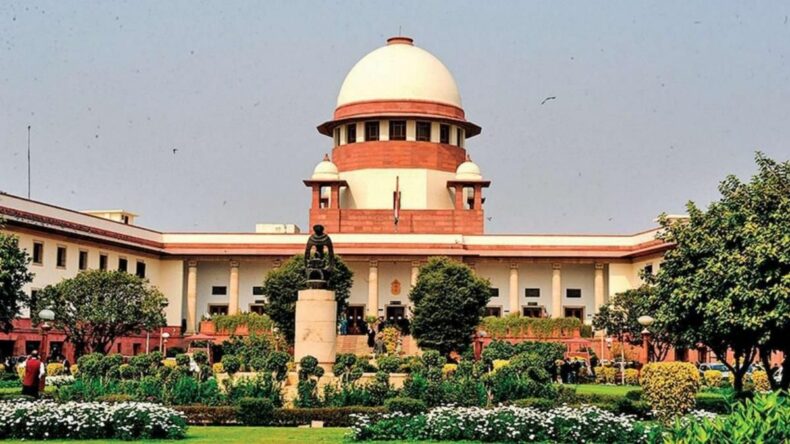
In India, there has been a discussion about whether an ineligible individual may appoint an arbitrator. A Supreme Court Constitution Bench recently made the decision to postpone for two months the hearing of a reference pertaining to this topic. In light of the Union Government’s assessment of changes to the Arbitration and Conciliation Act of 1996, the court’s judgement was made.
The Expert Committee and Its Mandate
A sixteen-member expert committee was established by the Ministry of legislation and Justice on June 14, 2024, to review the operation of Indian arbitration legislation and provide recommendations for amendments to the Arbitration and Conciliation Act, 1996. It is the goal of the committee, which is led by Dr. T.K. Vishwanathan, a former secretary of the Department of Legal Affairs, to lessen the necessity for parties to approach the courts and request judicial intervention. To improve the effectiveness of arbitration processes in the nation, the government decided to establish this body.

Deferment of the Court Hearing
R Venkataramani, the Attorney General of India, spoke on behalf of the Union Government during the hearing and asked for a postponement. He noted that since the government’s reference was largely focused on passing new laws, it would be wise to wait for the expert committee’s findings. Senior Attorney Fali Sam Nariman backed with this assertion, stressing that it would be premature to move on with the lawsuit without taking the possible effects of the new law into account. In recognition of the committee’s authority and its applicability to the problems addressed in the reference, the Supreme Court consented to postpone the subject for two months.

Implications of the Deferment
The Supreme Court postponed the hearing to give the expert group more time to think things through and provide suggestions for changes to arbitration legislation. Within the following two months, the committee is anticipated to finish its work and deliver a report to the court. The court will next take into account the committee’s recommendations and determine if any amendments to the current law are necessary.
By deferring the hearing and considering the expert committee’s recommendations, the Supreme Court showcases its commitment to ensuring a well-informed and comprehensive decision that aligns with the evolving needs of arbitration in India.

Conclusion
The Supreme Court’s decision to postpone the hearing on whether an unqualified individual may appoint an arbitrator shows that the court is aware of the current reforms being made to India’s arbitration laws. The expert group established by the Ministry of Law and Justice will be essential in reviewing the current legal framework and recommending changes that are required to improve the effectiveness of arbitration procedures.
The hearing’s postponement enables a thorough assessment of the arbitration procedure and the possible effects of the suggested revisions. It acknowledges the significance of dealing with the problem of ineligible people choosing arbitrators in order to maintain the fairness and integrity of the arbitration system. The Supreme Court’s dedication to establishing a strong and efficient legislative framework for arbitration in India is demonstrated by this ruling.
The conclusion of the expert committee’s discussions and the Supreme Court’s subsequent ruling will have significant ramifications for arbitration hearings throughout the nation. If adopted, the committee’s suggested changes might improve the effectiveness of dispute resolution generally, shorten the arbitration process, and limit court intrusion.
Stakeholders are anxiously awaiting the expert committee’s recommendations and the Supreme Court’s ultimate ruling, including legal experts, parties to arbitration proceedings, and the business sector. Once put into action, it is predicted that the reforms would help arbitration become a more popular way to settle disputes in India, drawing both domestic and foreign companies looking for quick and affordable dispute resolution options.













